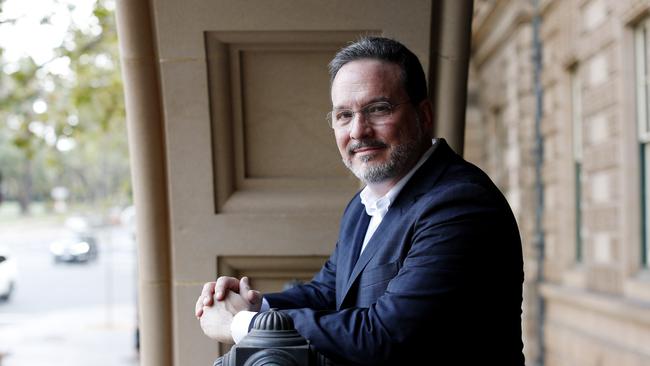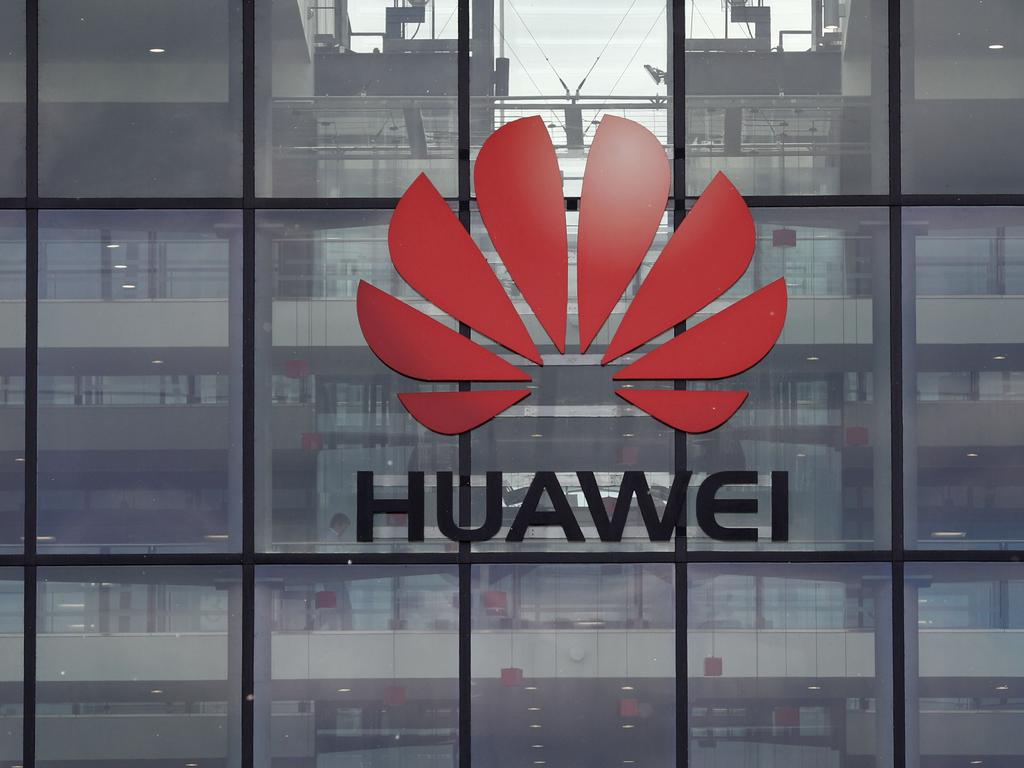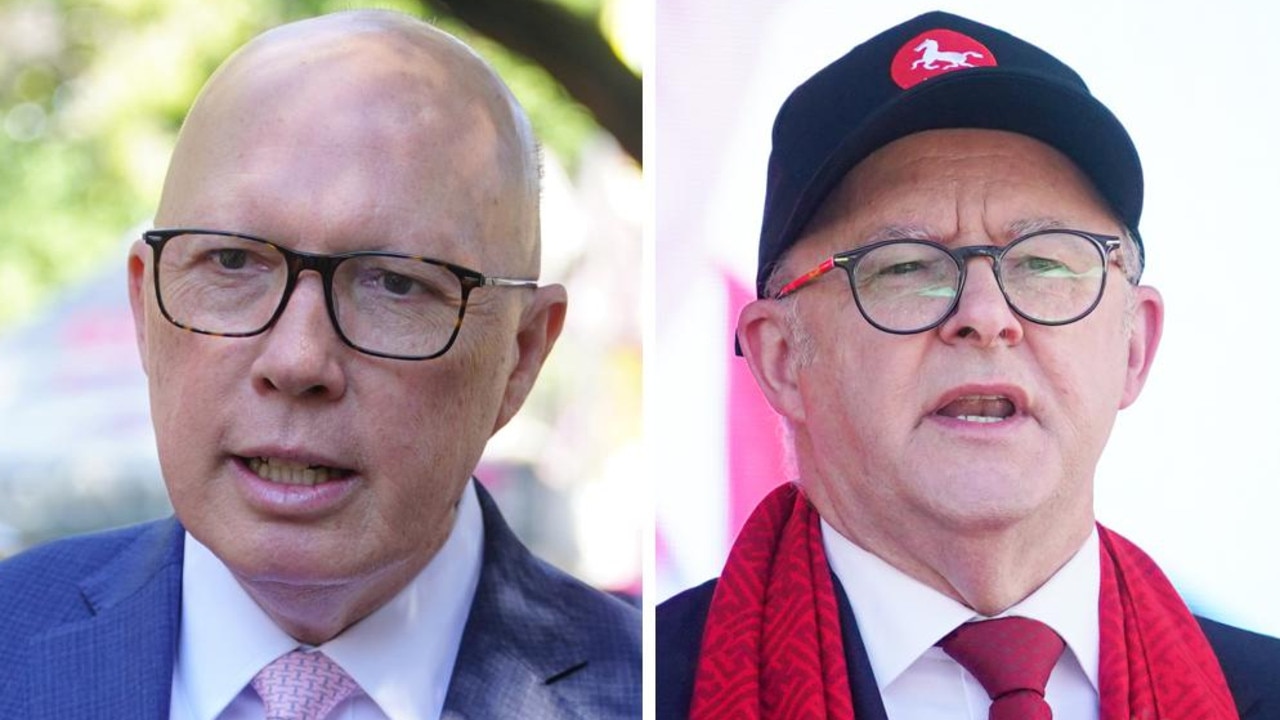UK’s Huawei move ‘damaging’
Britain’s decision to allow Huawei to participate in its 5G network has damaged its standing.

The decision by Boris Johnson’s government to allow Chinese telco Huawei to participate in its 5G network, against clear warnings from the US, has damaged Britain’s standing and will also make Canberra’s relationship with Beijing more difficult, according to the most influential Republican foreign policy thinker in Washington.
“The decision reflects the desperate state of the British telecoms industry rather than a carefully considered national security assessment,” said Mike Green, who was the national security adviser for Asia under George W. Bush and is now the senior vice-president of the Centre for Strategic and International Studies, one of Washington’s most important think tanks.
It is a blistering assessment by a mainstream Republican, not from the party’s hard right. Dr Green signed a letter in 2016 along with many other Republican policymakers opposing Donald Trump’s presidential candidacy.
Dr Green praised Scott Morrison for his effective management of his relationship with Mr Trump.
“I’m an Anglophile,” Dr Green told The Australian, “and it pains me to contrast Britain’s decision with that of nations like Australia and Japan, or even Vietnam.”
All these nations have decided, on national security grounds, to keep Huawei and other Chinese companies out of their 5G networks.
Dr Green said the British debate had been foolishly narrow. “GCHQ (Britain’s intelligence establishment) is talking only about the risk of eavesdropping. The danger is that China, through Huawei, will acquire the ability to do massive infrastructure interruptions as Britain, like other nations, moves to the internet of things.”
The internet of things in Britain, he said, would now be routed through Huawei.
Dr Green said the Chinese Communist Party effectively controlled companies such as Huawei in strategic matters and may in future impose punishments on nations that oppose Beijing over issues such as human rights for Uighurs or, as would be relevant for Britain, Hong Kong.
Beijing has the strategic goal of dividing Western allies and Britain’s decision assists Beijing in that objective, he says.
Dr Green believed the decision damaged trans-Atlantic security because Britain had been a key player in this field, but now, he predicted, France would take a stronger position on Huawei than Britain has.
The British move, he said, also “puts Australia in a tougher position politically” with Beijing.
“It deflates the special relationship (between Britain and the US). Republicans in congress now hail Japan and Australia, rather than Britain, as key allies.
“It is not as big a problem as the Suez crisis was (when Britain invaded Egypt in 1956 against US wishes to try to recover control of the Suez Canal) but I think it will hurt the British in seeking a free-trade agreement with the US.”
Dr Green believed that Japanese Prime Minister Shinzo Abe, and Mr Morrison, following work by Malcolm Turnbull, had been the most successful leaders in navigating their respective relationships with Mr Trump.
“What does Australia need from the US?” Dr Green asked.
“First, that it maintain its forward presence in the Pacific. We’ve done that. Abe gets a lot of credit for that but it’s partly down to Scott Morrison as well.
“On trade, maybe they weren’t so successful, but the Trans-Pacific Partnership is an architecture which the US could possibly come back to.
“The US strategy in supporting a free and open Indo-Pacific is anchored in Japan and Australia.”
He nominated Washington’s substantially increased attention to the island nations of the South Pacific as a distinctive Australian policy success.
At the US National Security Council, which reports directly to the president, there is now for the first time a full-time staff member devoted to the South Pacific island states, and Dr Green attributed this wholly to Australia’s efforts.
Where leaders such as Mr Abe and Mr Morrison have been less successful, Dr Green said, was in getting Mr Trump to engage with multilateral bodies such as the World Trade Organisation or even regional groupings such as the East Asia Summit and APEC.
The CSIS has been one of the key bodies monitoring Chinese activity in the South China Sea.
Dr Green said Beijing had refrained recently from high-profile aggression in that region but that it was continuing to enhance its fortifications and increase the militarisation of the South China Sea.







